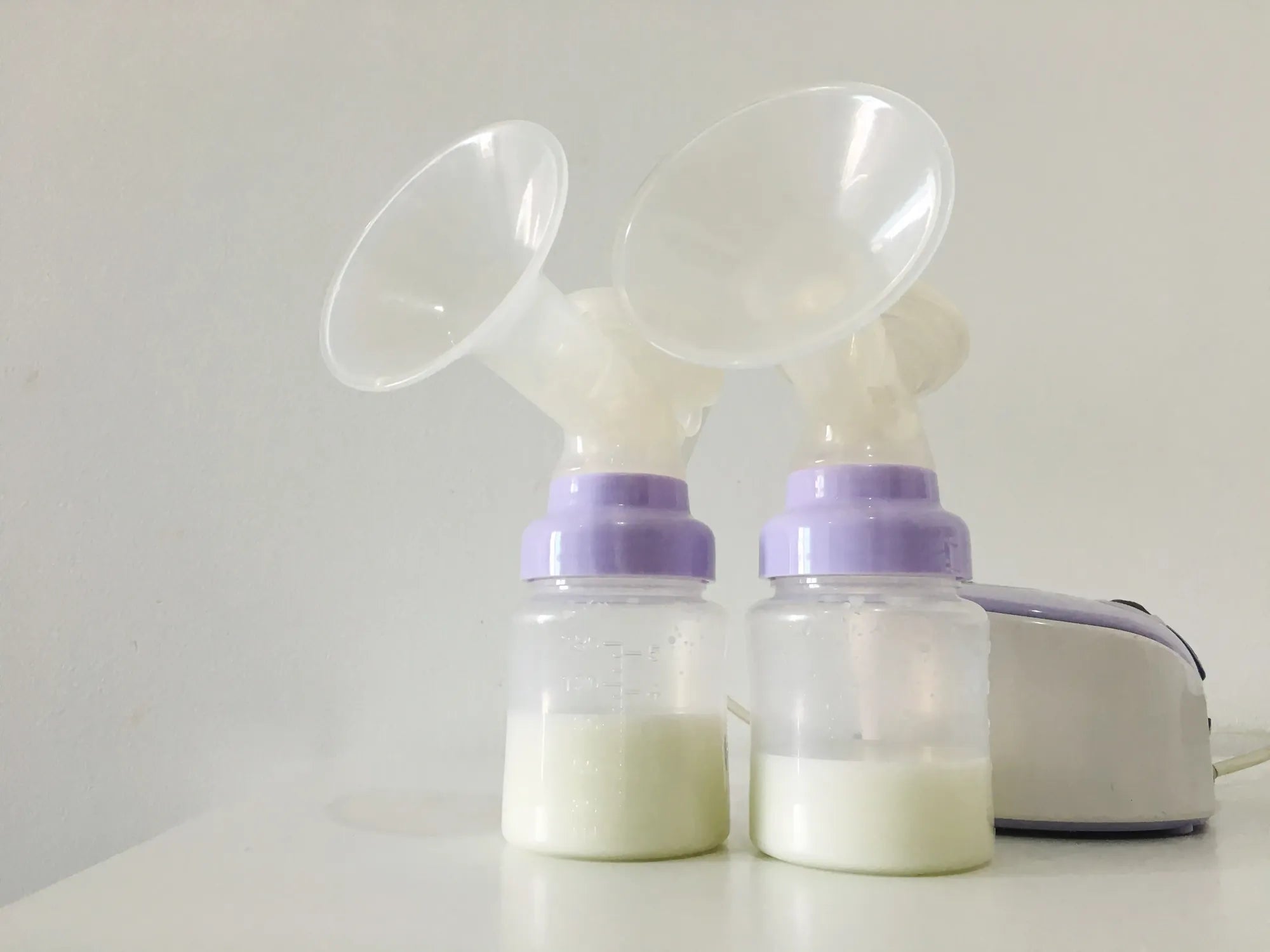Home
Pregnancy, Breastfeeding, and Pumping: The Ultimate Guide for Moms
Is It Wrong to Pump Wine into Breast Milk? Exploring the Ethical and Health Implications

Is It Wrong to Pump Wine into Breast Milk? Exploring the Ethical and Health Implications
The idea of mixing wine with breast milk is one that has sparked significant debate among parents, healthcare professionals, and ethicists. While some argue that it could be a harmless way to relax, others raise serious concerns about the potential health risks and ethical implications. This article aims to explore the various facets of this controversial topic, providing a balanced perspective on whether it is wrong to pump wine into breast milk.
The Science Behind Breast Milk and Alcohol
Breast milk is a complex fluid that provides essential nutrients and antibodies to infants, supporting their growth and immune system. When a lactating mother consumes alcohol, it passes into her breast milk, potentially affecting the baby. The concentration of alcohol in breast milk is similar to that in the mother's blood, meaning that even small amounts can have an impact.
Research has shown that alcohol can reduce milk production and alter the taste of breast milk, which may lead to feeding difficulties. Additionally, alcohol exposure in infants can impair their motor development and sleep patterns. Given these findings, the idea of intentionally adding wine to breast milk raises significant health concerns.
Ethical Considerations
From an ethical standpoint, the practice of pumping wine into breast milk is fraught with issues. Parents have a responsibility to ensure the safety and well-being of their children, and introducing alcohol into their diet could be seen as a breach of that duty. Moreover, infants are unable to consent to such practices, making it a matter of ethical concern.
Some may argue that a small amount of wine could help a mother relax, potentially benefiting both her and the baby. However, the potential risks to the infant's health and development must be carefully weighed against any perceived benefits. Ethically, it is crucial to prioritize the child's well-being over any potential advantages for the mother.
Societal and Cultural Perspectives
Cultural attitudes towards alcohol and breastfeeding vary widely, influencing how this practice is perceived. In some societies, alcohol consumption is a common part of social gatherings, and the idea of mixing wine with breast milk may not be seen as particularly controversial. In others, it may be viewed as highly inappropriate or even dangerous.
These cultural differences highlight the importance of considering societal norms and values when evaluating the ethics of such practices. What may be acceptable in one culture could be deemed unacceptable in another, underscoring the need for a nuanced understanding of the issue.
Potential Health Risks
Introducing wine into breast milk poses several potential health risks for infants. Alcohol can interfere with the baby's developing brain, leading to long-term cognitive and behavioral issues. It can also affect the infant's liver, which is not fully developed and may struggle to process alcohol efficiently.
Furthermore, alcohol can disrupt the baby's sleep patterns, leading to increased irritability and feeding difficulties. These risks are particularly concerning given the vulnerable nature of infants and their reliance on breast milk for nutrition and immune support.
Alternative Solutions for Relaxation
For mothers seeking relaxation, there are numerous alternatives to consider that do not involve introducing alcohol into breast milk. Techniques such as mindfulness, meditation, and gentle exercise can help reduce stress and promote well-being without posing risks to the baby.
Additionally, seeking support from family, friends, or healthcare professionals can provide valuable assistance in managing the challenges of parenthood. Exploring these alternatives can help ensure that both mother and baby remain healthy and happy.
Legal Implications
In some jurisdictions, the practice of adding alcohol to breast milk could have legal implications. Child welfare laws are designed to protect the health and safety of minors, and introducing substances that could harm an infant may be considered a form of neglect or abuse.
Parents should be aware of the legal framework in their area and consider the potential consequences of such actions. Consulting with a legal professional can provide clarity on the matter and help ensure that parents are making informed decisions.
Expert Opinions
Healthcare professionals generally advise against the consumption of alcohol while breastfeeding, let alone the intentional addition of wine to breast milk. Experts emphasize the importance of prioritizing the infant's health and development, recommending that mothers avoid alcohol altogether during this critical period.
Consulting with a healthcare provider can provide personalized guidance based on individual circumstances, helping parents make informed decisions that align with the best interests of their child.
The debate over whether it is wrong to pump wine into breast milk is complex, involving scientific, ethical, cultural, and legal considerations. While some may see it as a harmless way to relax, the potential risks to the infant's health and development cannot be ignored. Parents must carefully weigh the pros and cons, seeking expert advice and exploring alternative solutions to ensure the well-being of their child. Ultimately, the safety and health of the baby should always be the top priority.
Share
